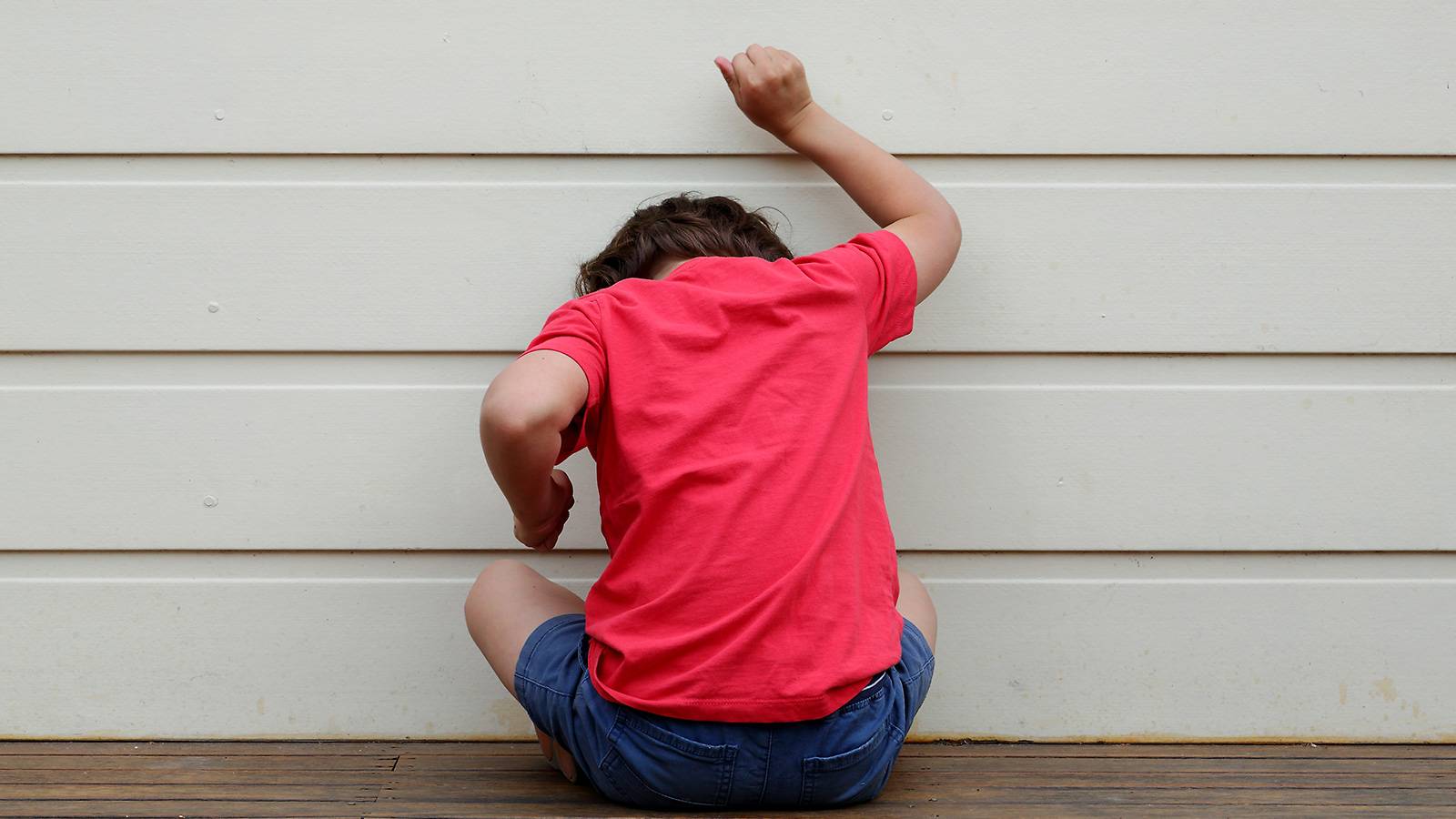Teach your child steps to manage his anger ― he won’t just develop problem-solving skills, he’ll get a confidence boost.

Anger is a normal and healthy emotion that everyone experiences. But feelings of frustration and anger can quickly turn into swearing, rudeness, disrespect, aggression and impulsiveness if the child doesn’t know how to manage her emotions.
The feelings can be aggravated if junior has been going through some kind of change or transition, such as puberty, or a change in school.
And seeing your once affable child act out his feelings of anger can be upsetting.
That’s exactly how Jervelle Hoon felt when her 8-year-old daughter Claire lost control of her emotions for the first time. Her family was dining out and Claire wanted to select a dish ― but as there was only one copy of the menu and Hoon’s younger son was fussing, she told her daughter told her to wait as she wanted to order for her brother first.
“She kept interrupting us, so my husband told her sternly to wait her turn. Suddenly, Claire raised her voice at him and said that it’s always her waiting and it just wasn’t fair. She even shook the table, which left us in shock.”
Hoon says that before this incidence, Claire had been mild and had never raised her voice to her parents, but was visibly angry and upset in that instance. “Maybe we had always taken for granted that she was the easy-going one. It was a reminder to us to be mindful of her emotions, too.”
“Try using humour to ease the tension. Talking about anger in a light-hearted manner can help to ease the child out of a tantrum as it provides the child with an opportunity to ‘save face’.”
Claire’s outburst maybe out of character but there are kids who act out frequently. Jeanie Chu, a clinical psychologist at The Resilienz Clinic, shares some signs that your child may have an anger problem:
· Verbal and/or physical aggression.
· Temper tantrums.
· Irritability.
· Disruptive and impulsive behaviours despite knowing the consequences.
· Outbursts of anger that are disproportionate to the provocation or to other psychosocial factors.
Parents often feel helpless and frustrated if they can’t succeed in in getting their child to manage their anger, Chu adds. They may also feel disappointed towards themselves or their child.
Helping your child manage his anger will improve your child’s self-confidence and build your parent-child relationship, too. Here are some tips to teach your child anger management skills:
1. Remain calm
Yelling at an angry child only reinforces that feeling of anger, and it tells them that it is okay to scream when they don’t like what is happening. “Helping your child to keep calm can be a cooling off period for him,” explains Chu. “You model the right behaviour to him, and eliminates the potential escalation of anger.”
Calming your child is probably the most difficult part of the entire process ― “Try using humour to ease the tension,” Chu suggests. “Talking about anger in a light-hearted manner can help to ease the child out of a tantrum as it provides the child with an opportunity to ‘save face’”.
2. Accept and empathise with him
Remember that your child is allowed to have feelings ― what you are trying to teach him is to manage how he acts out on those feelings. While he can be emotional, remind him that he cannot be aggressive or use words to hurt others.
Try to understand where your child is coming from. If your child is 4, for example, realise that your child is little and can’t do everything he wants to. He may even realise he is failing at the stuff he is allowed to do ― and that makes him mad. If your child is 10, understand that he may be experiencing hormonal changes because of puberty. He may have issues with his friends at school, or perhaps even be dealing with a bully.
Four more anger management tips…up ahead!

3. Identify and acknowledge his feelings
Although all you see right now is an angry child, your kiddo may be experiencing a whole host of underlying threatening feelings. “Feelings such as sadness, shame, guilt and hurt can be manifested in the form of anger as these feelings have the notion of vulnerability, and children need to feel safe enough to express them,” says Chu.
Try to get your child to identify these feelings and what is causing them. Encourage him to express his feelings in words, rather than actions, and help him give his emotions a name.
4. Show coping mechanisms
Instead of saying “Don’t hit the door!”, tell your child what he can do instead when he’s angry. Deep breathing techniques can help, or you can give him a stress ball to squeeze when he gets agitated.
Older kids may want to write about their feelings in a journal, suggest that they put on some music to calm down before opening up about why they were angry.
Tell your child what he can do instead when he’s angry. … Deep breathing techniques can help.
5. Spell out consequences
Chu advises parents to set clear and consistent consequences to teach a child that feeling angry is okay, but aggressive behaviour is not. “Use a calm but firm tone which indicates displeasure to clearly convey to the child that aggressive behaviour is wrong. Don’t be emotional and try snot to shout.”
It may be useful to establish a list of anger rules. Do this before an “angry incident” and discuss what goes into the list with your child. Some examples of rules include, “I will not hit anyone, or break anything,” and “I will talk calmly to find a solution.”
Let junior know that breaking the rules will result in consequences ― such as removal of his privileges, for instance.
6. Teach problem-solving skills
Chu points out that the ultimate goal is for your child to use anger as an impetus to alter things, so that the situation won’t be repeated. “Help him to see the other person’s side of the issue, and to look for win-win solutions to the problem.”
It’s also important to let your child know that their bad behaviour doesn’t make them a bad person. They can always make amends by apologising and moving forward to resolve the situation.
They may be instances where you need to intervene, for example, if signs of anger persist or if clear boundaries are crossed. This can happen if the physical or emotional safety of others is compromised. “Professional help can be obtained from the school counsellor, psychologists and psychiatrists,” Chu suggests.
Photos: iStock
You’d love these stories, too…
How to raise a bilingual child
Does your child really need privacy?
5 important parenting lessons from the British royals
